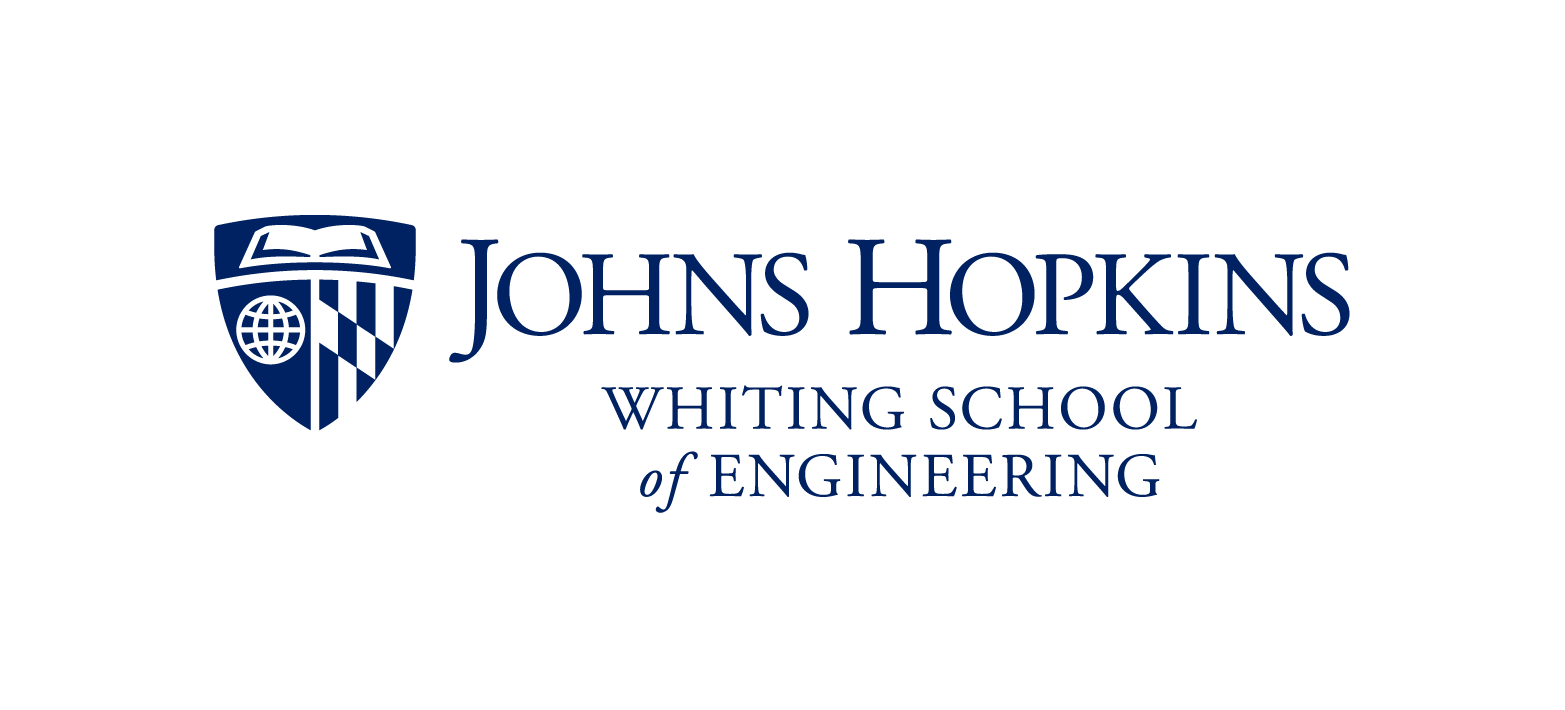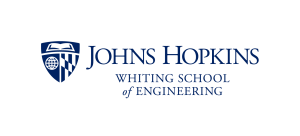Using Machine Learning to Probe the Transfection Efficiency of DNA-Lipid Nanoparticle Formulations
Team: Brendan J. Lee
Program:
Materials Science and Engineering
Project Description:
Lipid nanoparticles (LNPs) are popular delivery vehicles for a wide range of bioactive agents, particularly nucleic acids, since they enable these molecules to be delivered into cells effectively, by encapsulation, while protecting them from degradation. When optimized, LNPs are biocompatible with diverse capabilities and can be tailored for a variety of therapeutic applications. The steps of LNP delivery consist of the uptake of LNPs by cells followed by endocytosis, endosomal escape, LNP dissociation, and release of payload into the cytosol, and allowing that payload to perform its desired function. The types of lipids used to synthesize LNPs via mixing are known to affect each step of LNP delivery and subsequent transfection efficiency. Using different types and ratios of lipids to make different LNP formulations will result in varying degrees of transfection efficiency, as some formulations yield LNPs with properties that result in better transfection than others. This project aims to analyze and correlate how lipid composition influences transfection efficiency, using several classification and regression techniques.
Team Members
-
[foreach 357]
[if 397 not_equal=””][/if 397][395]
[/foreach 357]
Project Mentors, Sponsors, and Partners
Hai-Quan Mao
Course Faculty
-
[foreach 429]
[if 433 not_equal=””][/if 433][431]
[/foreach 429]


